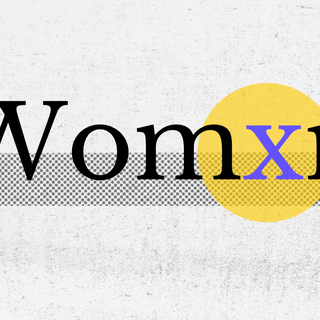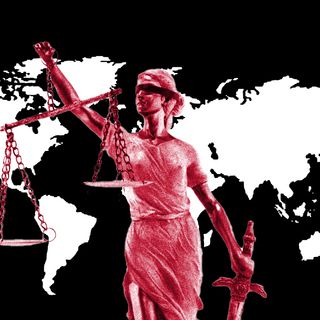The status of India as a democracy plummeted from ‘free’ to ‘partly free,’ according to a global report, which cited the country’s declining political, civil, and religious freedom — stating that the country is being “tragically [driven] toward authoritarianism.”
Titled “Freedom in the World 2021 — Democracy under Siege,” the report was published yesterday by Freedom House, a U.S.-based NGO conducting research and advocacy across political rights and civil liberties.
The think tank has previously awarded India — the largest democracy in the world — the ‘free’ status, even though its scores declined rapidly from 77 to 71 during the last three years.
The 2021 report scores India 67 out of 100 — registering a 10-point decline since 2018. “Political rights and civil liberties in the country have deteriorated since Narendra Modi became prime minister in 2014…. The decline only accelerated after Modi’s reelection in 2019,” the findings say.
The document cites a variety of factors for the free-fall in India’s freedom — including the government’s pre-pandemic crackdown on anti-Citizenship (Amendment) Act protesters in early 2020, and the “ham-fisted lockdown” that displaced “millions of internal migrant workers“.
Further, the report refers to the promotion and encouragement of “anti-Muslim views,” noting that the minority group was “scapegoated as potential spreaders of the virus,” referring to the Tablighi Jamaat controversy. The analysis also considered the recent ‘Love Jihad’ laws, growing violence around cow vigilantism, and acquittal of BJP leaders for orchestrating the Babri Masjid demolition “despite substantial evidence of their culpability.”
Related on The Swaddle:
Indian Economy Lost Rs. 20,000 Crores Due to Government’s Internet Bans in 2020
The report further draws attention to weakening academic freedom in India, noting a rise in “intimidation of professors, students, and institutions over political and religious issues” in 2020. Published last year, India plummetted from grade ‘B’ to ‘D’ on an international metric of academic freedom. Just last month, the central government mandated public universities to seek government clearance for virtually hosting international seminars about India’s “internal” matters — a decision later withdrawn following sharp criticism.
The report commented on increased curbs on media during the last year, noting that “dozens of journalists whose reporting was critical of the government’s handling of the coronavirus pandemic were arrested, and media outlets faced pressure to praise the government’s response.” In October, India was ranked 12th on a global list of countries where journalists are murdered with impunity; falling two ranks in two years, suggesting a gradual deterioration. In addition, India also slipped two positions in the World Press Freedom Index, compared to 2019.
But India isn’t the only country facing a “democratic recession,” the report notes. The 2021 findings downgrade the freedom scores of 73 countries accounting for 75% of the global population — effectively meaning that three-quarters of the people on earth live in countries where freedom is declining. In fact, it notes that “the countries with declines in political rights and civil liberties outnumbered those with gains by the largest margin recorded during the 15-year period.”
The report makes special note of India’s status change, adding that India’s fall from the “upper ranks of free nations could have a particularly damaging impact on global democratic standards.” Moreover, given that India is the largest democracy in the world, its decline to ‘partly free’ means that less than 20% of the world’s population now lives in a ‘free’ country — the smallest proportion since 1995, the report highlights.
However, there is a ray of hope in this year’s findings. Acknowledging the resilience demonstrated by journalists globally — including India — the report lauded media coverage “on topics ranging from corruption and systemic inequality to the mishandling of the health crisis.”
It iterates the need for global leadership and solidarity in countering the “destructive effects of dictatorship.” The call rings loud and clear at a time when the world’s largest democracy remains only ‘partly free’.




